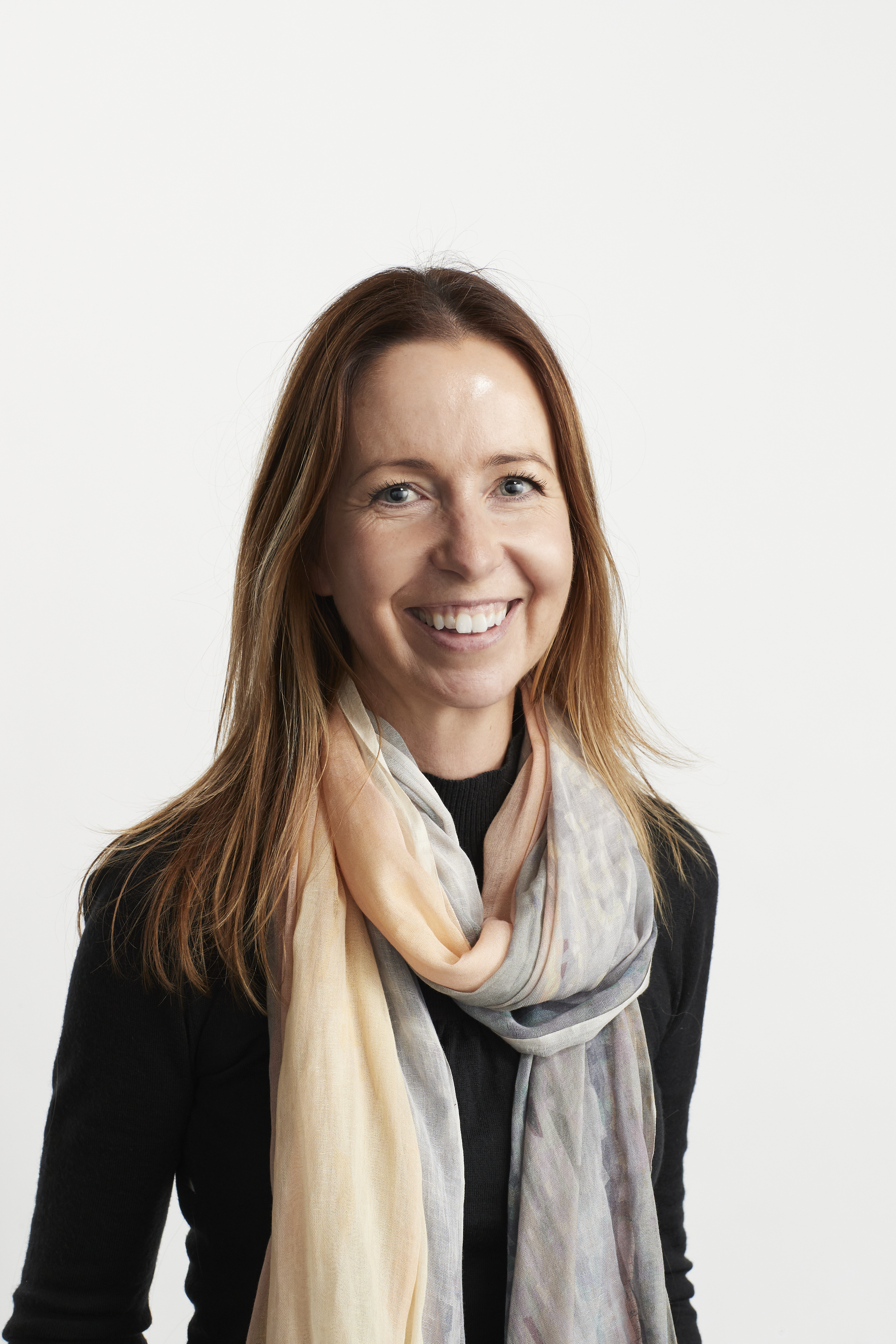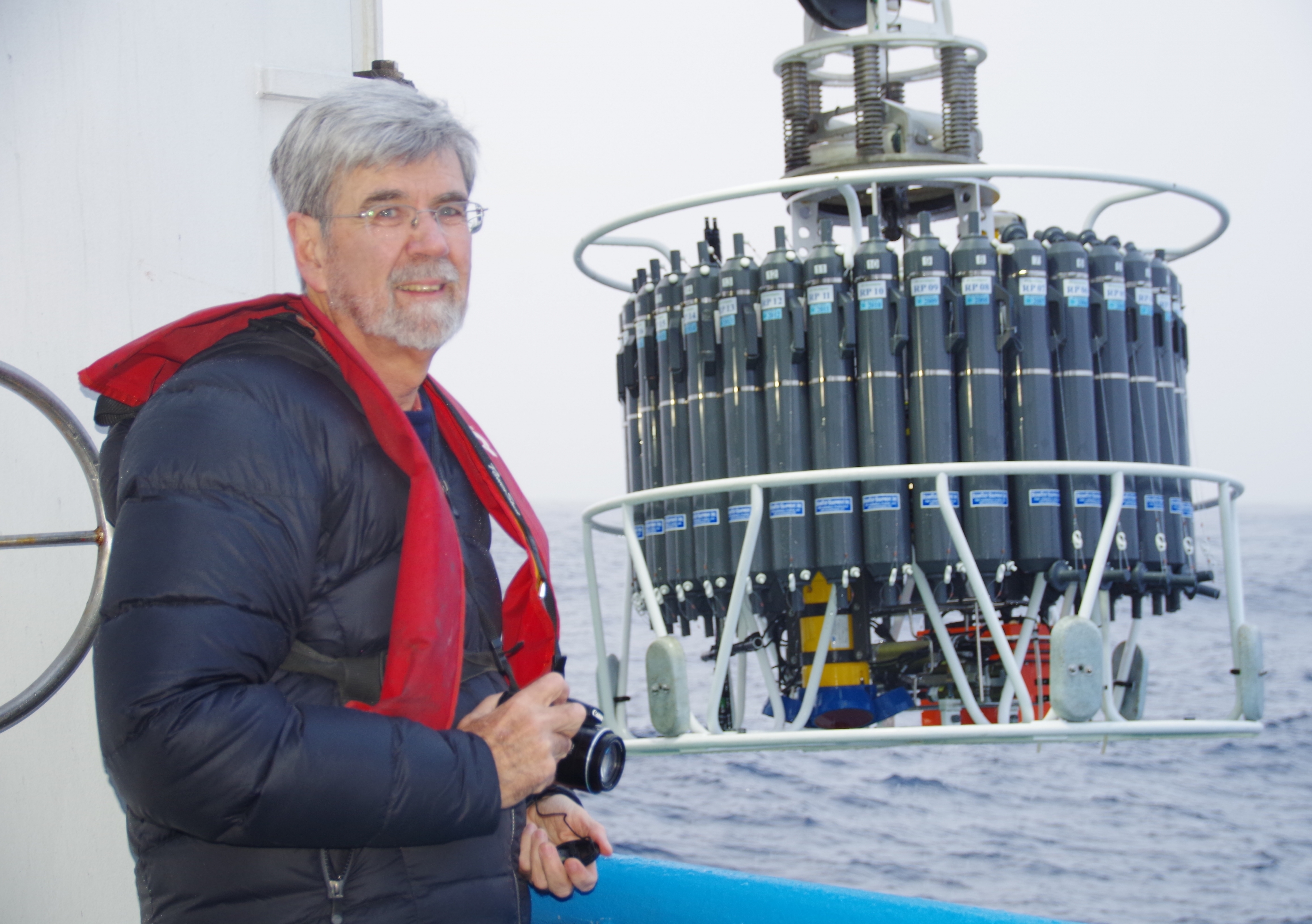'Urgent action is required': UNSW climate expert on what’s to come as sea levels rise
2023-08-02T12:00:00+10:00

Emeritus Professor John Church is a leading global expert on understanding how sea levels have risen in the 20th century. Photo: UNSW Sydney.
UNSW Emeritus Professor John Church speaks on sea level change while accepting the 2023 Axford Medal.
The Asia Oceania Geosciences Society (AOGS) has honoured Emeritus Professor John Church from UNSW Science with the 2023 Axford Medal. It is the second time over the past month Prof. Church has been recognised by an esteemed scientific association for his contributions to sea level research.
The AOGS Axford Medal acknowledges an individual for outstanding achievements in geosciences, as well as unselfish cooperation and leadership in Asia and Oceania.
UNSW Dean of Science Professor Sven Rogge congratulated his colleague on receiving the medal.
“John has been recognised for his dedication to sea level research for the second time in the past two weeks which is a wonderful achievement. John is the leading global expert on understanding how sea levels have risen in the 20th century. His extensive research on changes in sea levels has helped us understand how the oceans work and how they respond to the Earth's changing climate,” Prof. Rogge said.
Accepting the medal at the 20th annual meeting of AOGS in Singapore, Prof. Church spoke of dramatic sea-level changes in the last century and the detrimental effects across the globe.
“Sea levels have been rising at an accelerating rate through the 20th century and this will continue through the 21st century and beyond without significant, urgent and sustained mitigation of our greenhouse gas emissions,” Prof. Church said.
“The number of people and the amount of infrastructure likely to be impacted by sea level rise are large. Urgent action is required to prevent disastrous situations. Even with strong mitigation we will have to adapt to that part of sea level rise we can no longer prevent.”
Projections of sea level rise for the 21st century
At the AOGS annual meeting, Prof. Church explained how for a long period we have had limited knowledge of the different factors contributing to sea level increases.
The emergence of new and improved tools in the ocean and from satellites that allow scientists to monitor the ocean have contributed to a better understanding of sea level increases. Other factors are an improved understanding of the Earth's structure and advancements in our knowledge of the climate.
Understanding historical sea-level change has also been a prerequisite for building confidence in useful and accurate predictions of future changes.
With this knowledge, Prof. Church said the rise in sea level is caused by two main factors: the expansion of the ocean due to heating and the addition of water from increased melting glaciers. In recent decades, the contribution from ice sheets has also been increasing at a faster rate.
He said that one of the main impacts of se level on society will be how we adapt.
“We will have to adapt to that sea level rise we can no longer prevent. Of particular concern is very significantly increased rates of coastal flooding events and eventually inundation of some coastal areas,” Prof. Church said.
“We are already experiencing more severe and more frequent coastal flooding events impacting an increasing number of people.
“This century, we could expect up to about a metre of sea level rise with unmitigated emissions. This could rise to several metres over coming centuries. Today, an estimated 200 million people live within one metre of current high tide level, and by mid-century over a billion people are likely to live in the low elevation coastal zone, which is within 10 metres of current sea level.”
Asia Oceania Geosciences Society and Axford Medal
The Asia Oceania Geosciences Society (AOGS) was established in 2003 to promote geosciences and its application for the benefit of humanity, specifically in Asia and Oceania and with an overarching approach to global issues.
AOGS is deeply involved in addressing natural hazard related issues through improving our understanding of the genesis of hazards through scientific, social and technical approaches.
The Axford Medal was established in honour of Professor W. Ian Axford, one of the major architects of AOGS who was instrumental in promoting international cooperation in the geosciences.
Media enquiries
For inquiries about this story and interview requests please contact Yolande Hutchinson
Tel: +61 420 845 023
Email: y.hutchinson@unsw.edu.au



